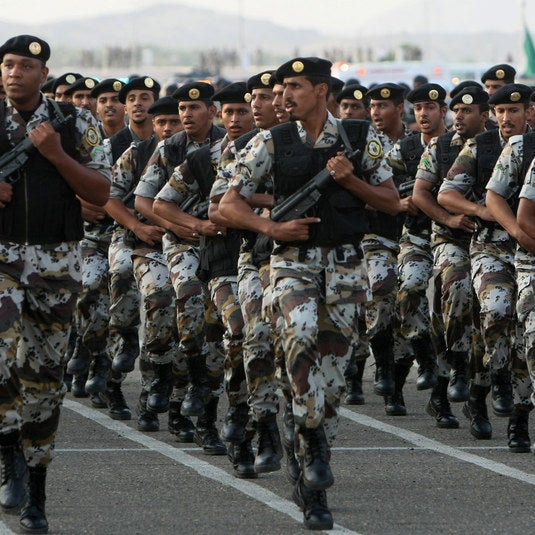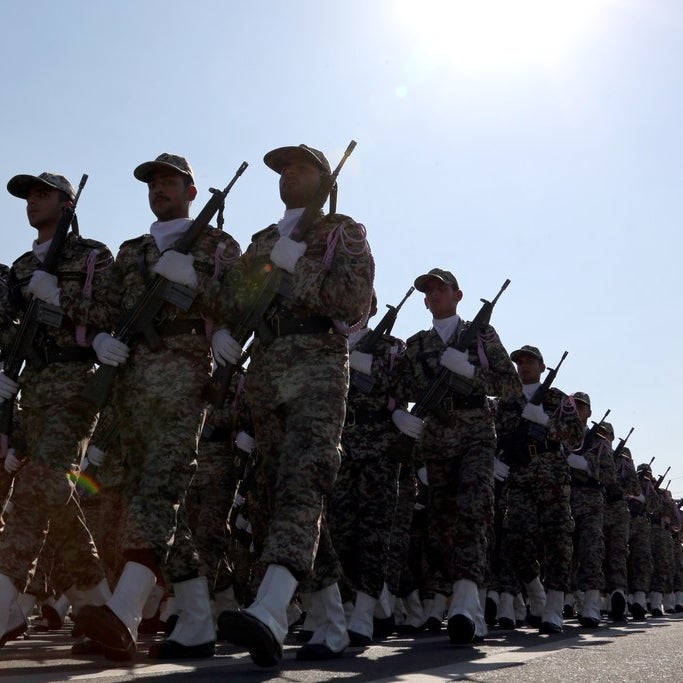The Kingdom of Saudi Arabia and the Islamic Republic of Iran severed diplomatic ties this weekend, reaching the lowest point of relations between the two countries short of war.
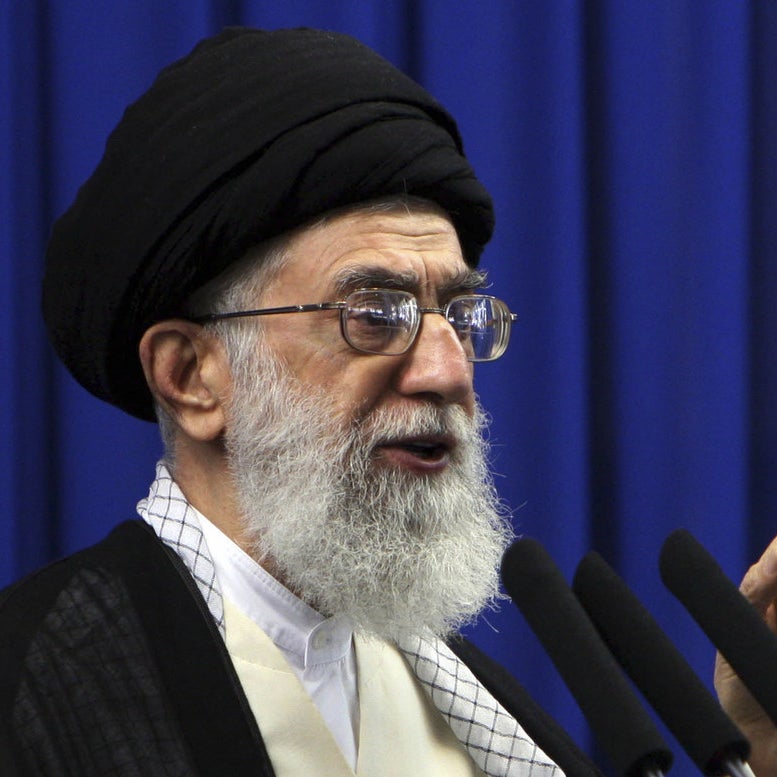
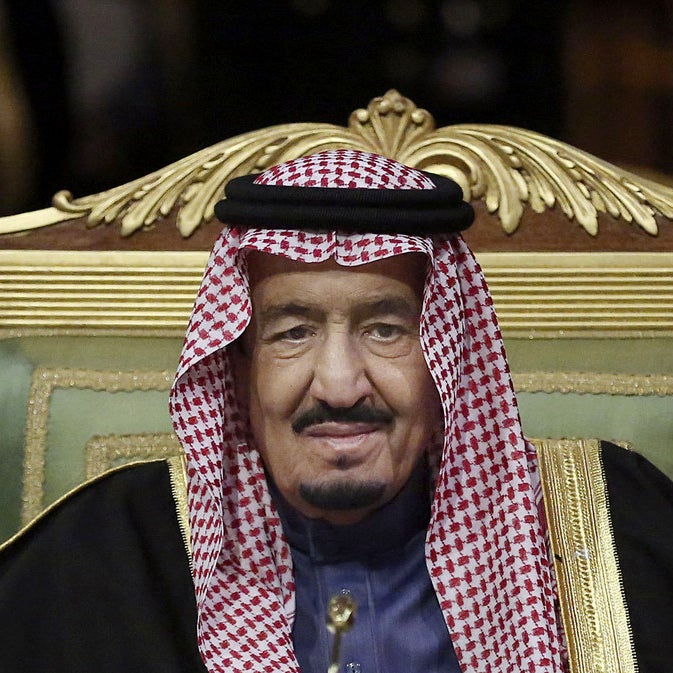
Iran's supreme leader Ayatollah Ali Khamenei and Saudi King Salman
The latest deep-freeze between the two comes as the result of Saudi Arabia executing a prominent Shiite cleric on Saturday, along with 46 other prisoners. In response, Iranians stormed the Saudi embassy in Tehran, setting it on fire.
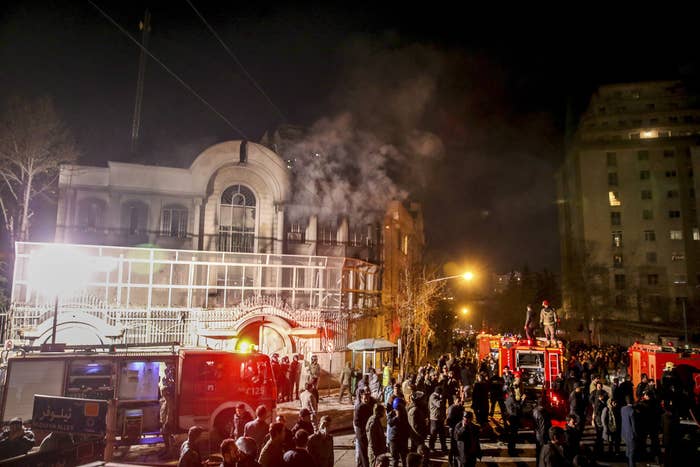
That led to Saudi Arabia recalling its ambassador and cutting off ties with Tehran on Sunday, a move copied by Sudan and Bahrain over the next day*. But what's at the heart of the feud between the two?
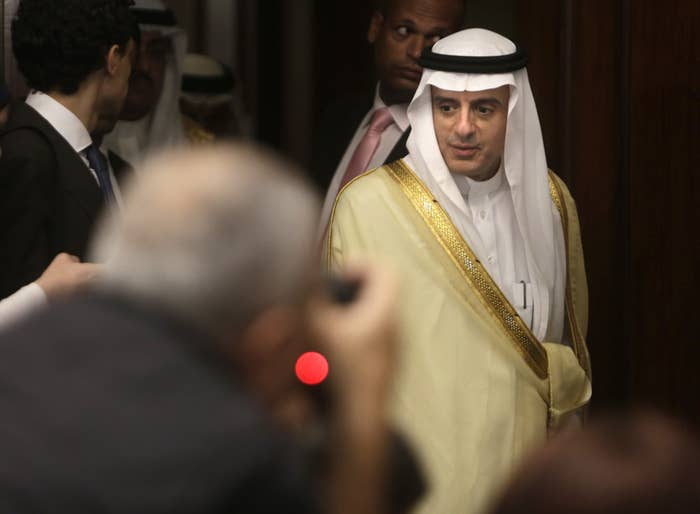
*(The United Arab Emirates downgraded ties but did not sever them and Kuwait recalled its ambassador.)
The strife between the two is geopolitical — both are theocratic oil exporters with huge militaries and both of them want to be the country that's on top in the region.
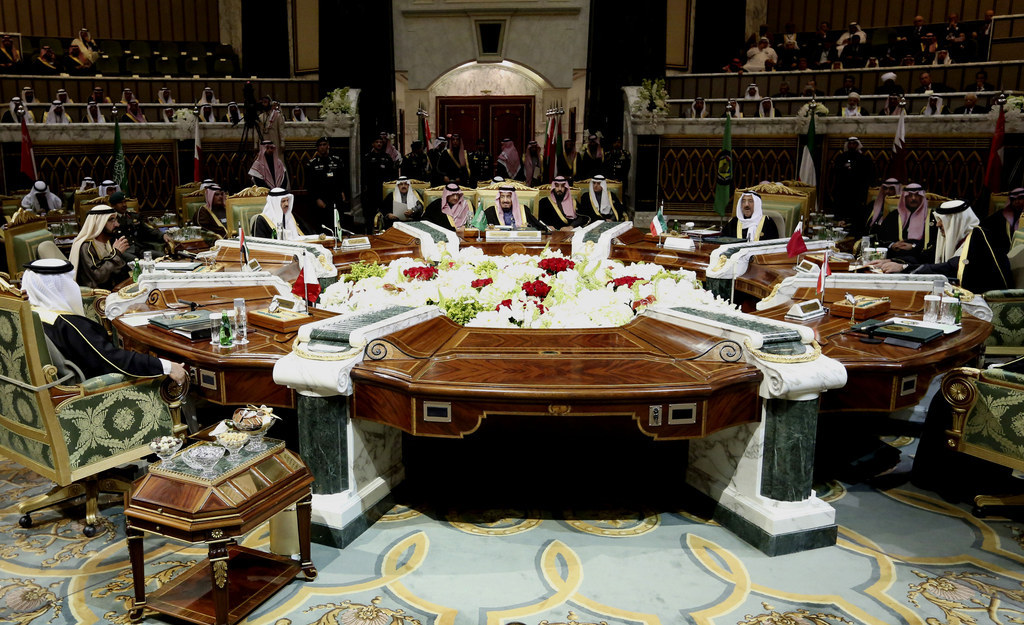
Then there's religion: Saudi Arabia hosts the holiest city in Islam — Mecca — and thinks itself the standard-bearer for Sunni Islam. Overwhelmingly Shiite Iran considers itself patron of Islam's minority sect and wants to boost its regional influence.
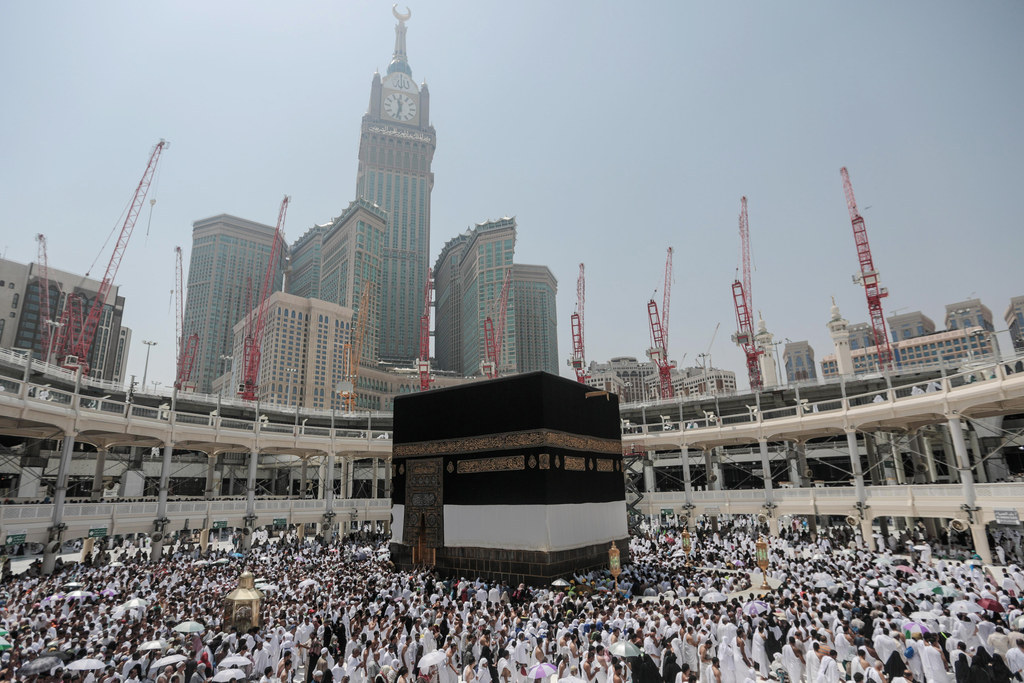
The difference between the two branches is both simple and complicated so we're going to condense it down to saying that it goes back to an ancient fight over who was the rightful successor to the Prophet Mohammed. If you want to read more about it, check out this from the Council on Foreign Relations.
That dynamic was at play in October when Iran and Saudi Arabia clashed over the death of more than 400 Iranians killed in a stampede during a pilgrimage to Mecca.
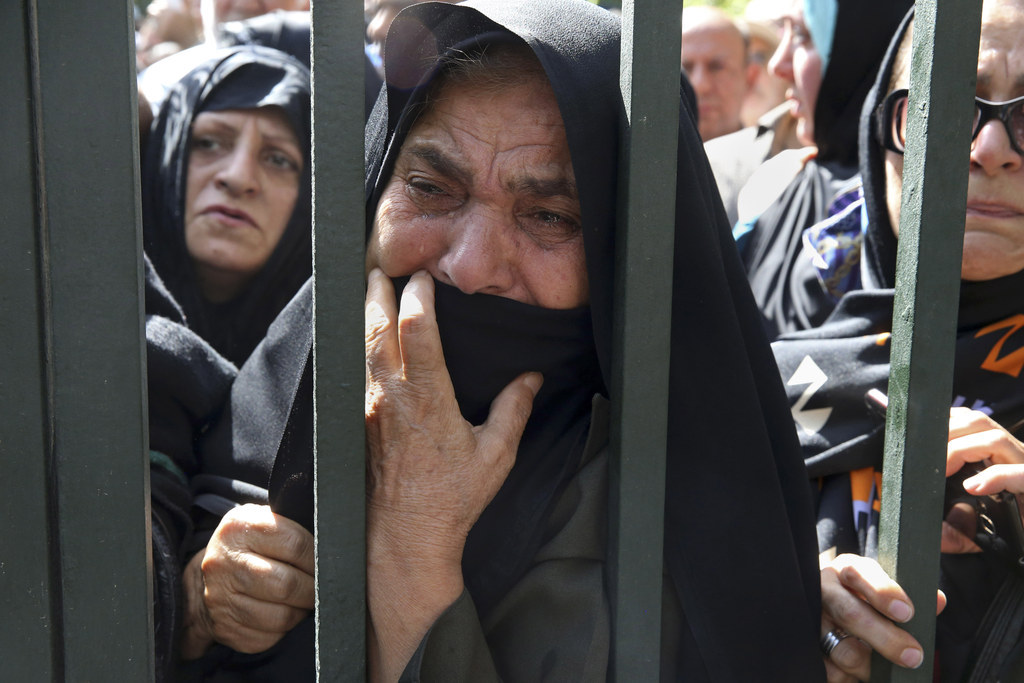
As a result of the spat, Iranians will now have a tougher time fulfilling the Hajj, a religious obligation for pious Muslims.
Recent history is more to blame than ancient history though — like when Iraq attacked Iran in 1980, soon after the Iranian Revolution took hold and launching a war that killed hundreds of thousands people, Saudi Arabia backed Iraqi leader Saddam Hussein.
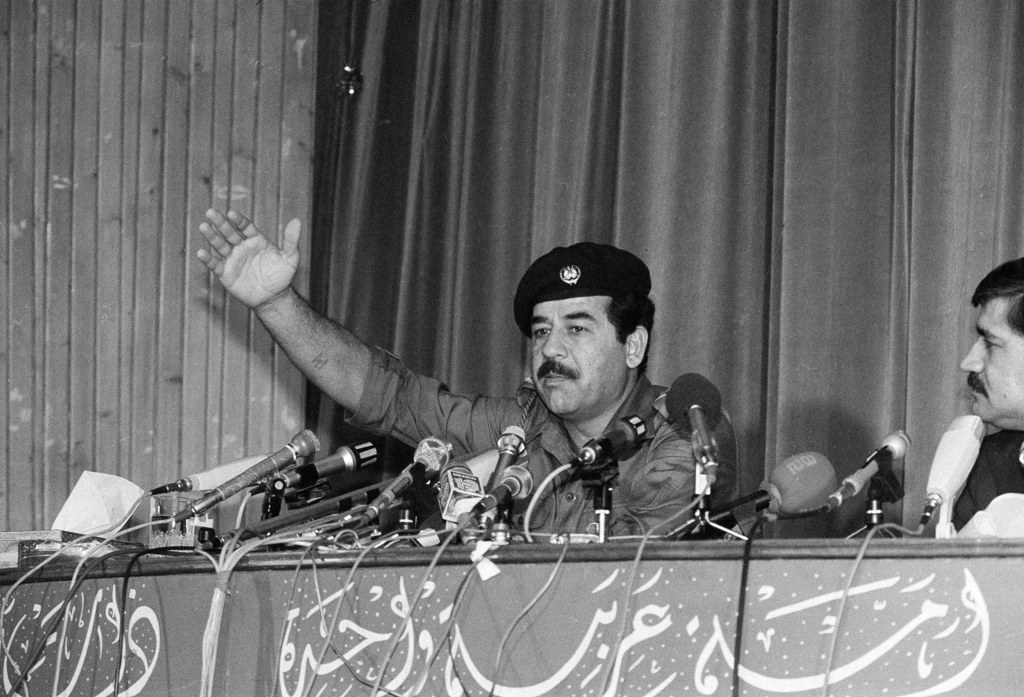
Putting up a deterrence against Iran is also a key reason the Saudi government bought $90 billion of top-of-the-line U.S. military technology over the last decade — those F-15s may not ever fly over Tehran but they are bombing Iranian proxies abroad.
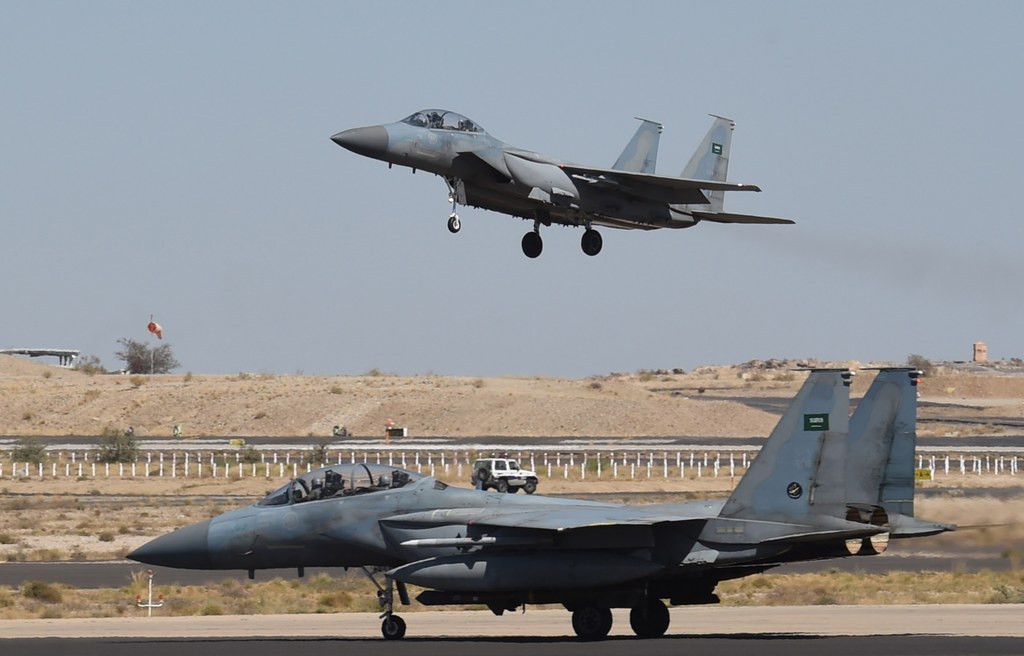
The shadow war between the two has stretched across the globe, including an alleged plot to assassinate the then-Saudi ambassador to the United States — now the foreign minister — in 2011.
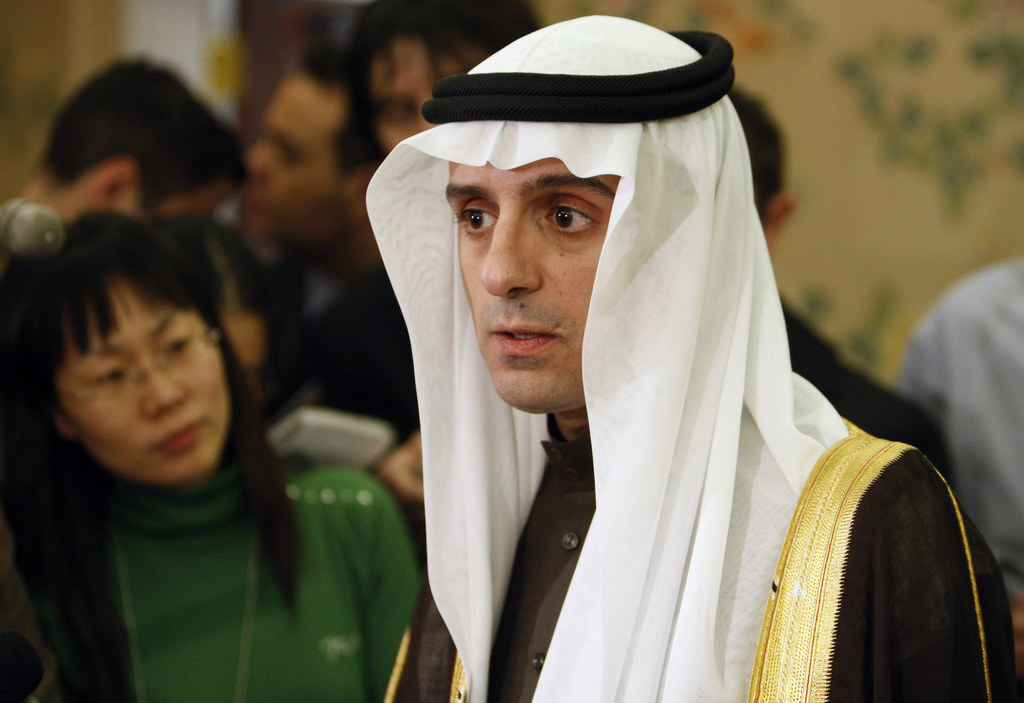
The relative balance between the two that was kept in place through a mutual fear and distrust of Iraq was shattered when the United States invaded in 2003.
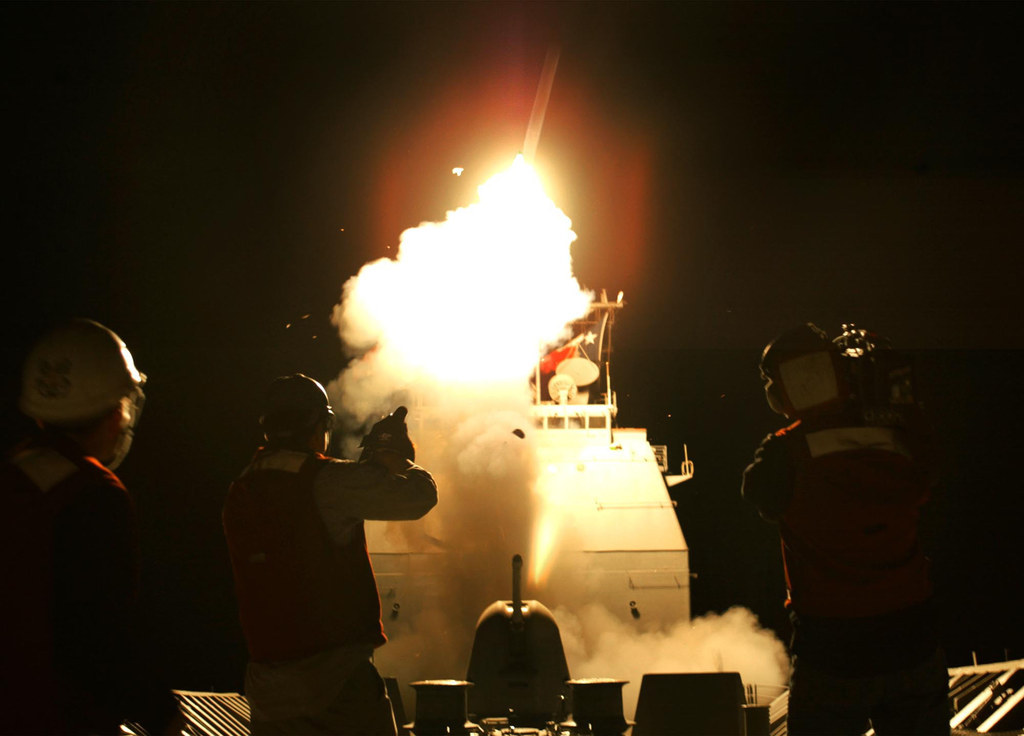
The resulting power vacuum saw Iran able to gain a foothold in Iraq through backing Shiite militias eager to take on the Americans. Since then the two have been on opposite sides in conflicts in both Syria and Yemen, proxy wars for the regional giants.
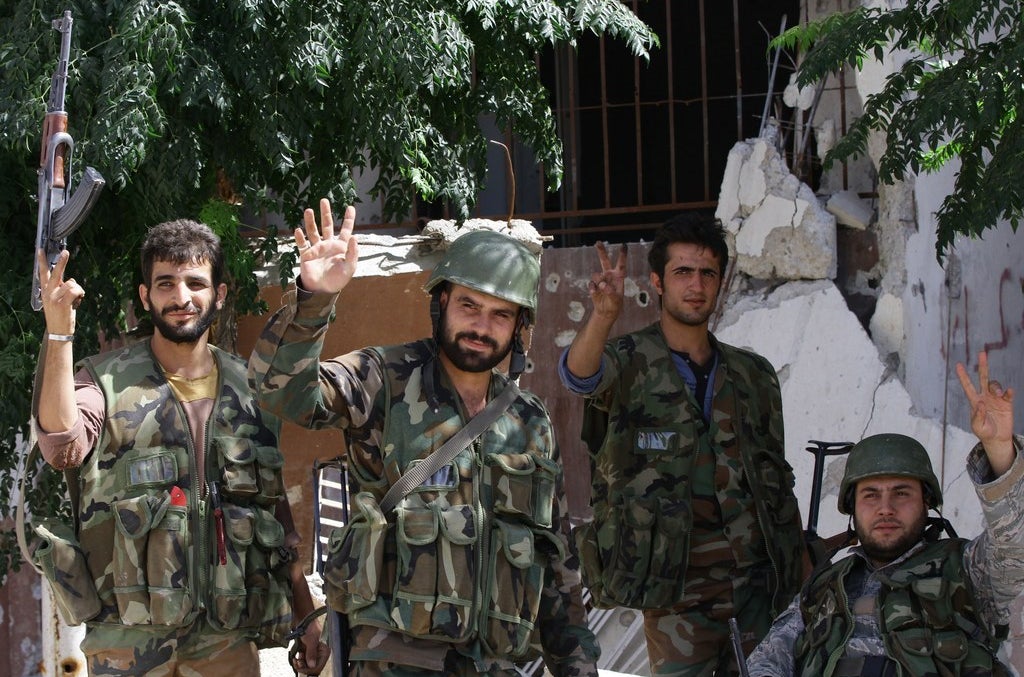
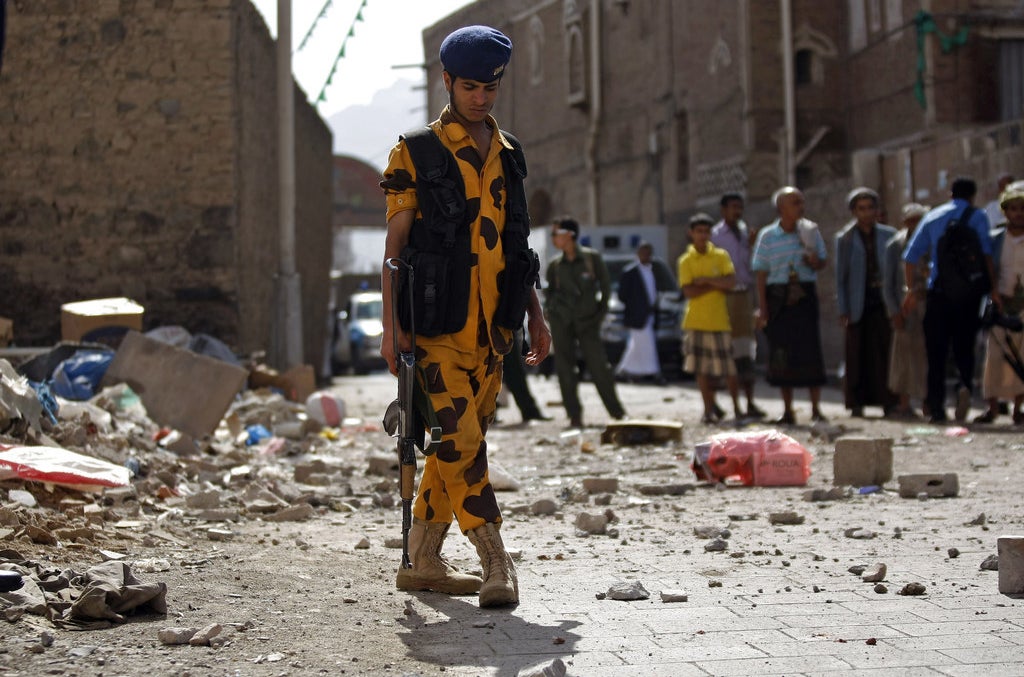
It's in Syria especially where the two have locked horns, as Iran has gambled big in order to defend Syrian President Bashar al-Assad and the Saudis have been key backers for many rebel groups.
Riyadh has had the U.S. in its corner for decades now, helped by U.S.-Iranian clashes and America's need for Saudi oil. But the Saudis are now worried about the idea of a U.S. rapprochement with Iran built around last year's nuclear deal.
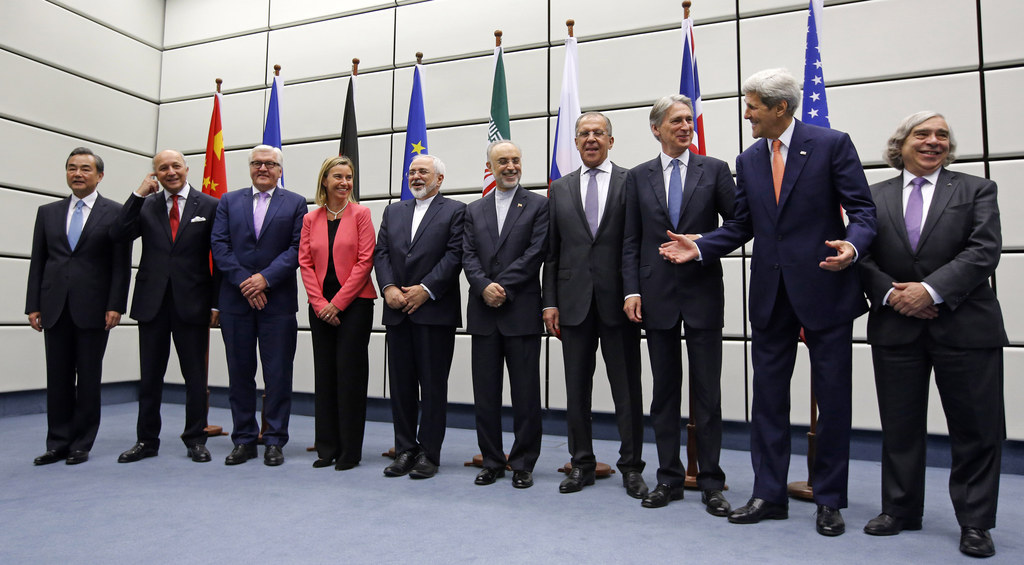
And the U.S. has needed Riyadh less since the development of shale gas technology has caused a drop in reliance on Middle Eastern oil. Those two things taken together — along with a new king on the Saudi throne — help explain why the latest crisis began.
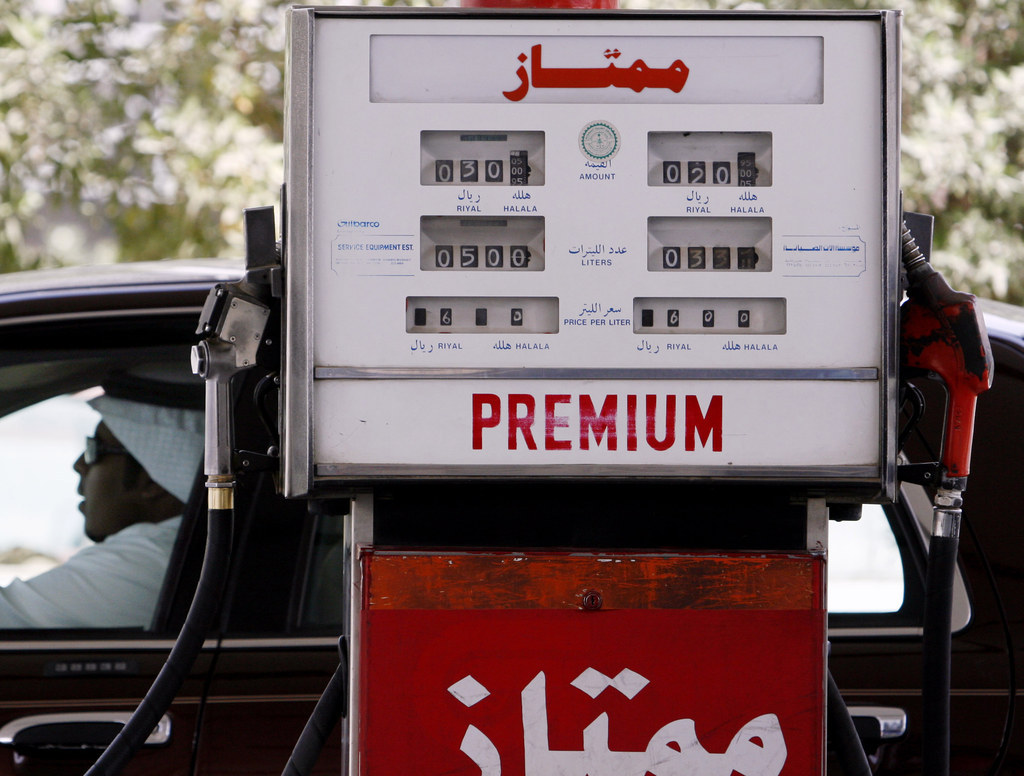
(Sidebar: neither Iran nor Saudi Arabia have diplomatic ties with Israel. But as the latter is allies with the U.S. and both Riyadh and Tel Aviv are opposed to Iranian expansion, it's kind of a whole "the enemy of my enemy" thing between the two.)
So far, the latest flare-up has been contained to diplomatic measures and countermeasures, rather than military saber-rattling. Which is great news, because the thought of their cold war going hot is terrifying.
